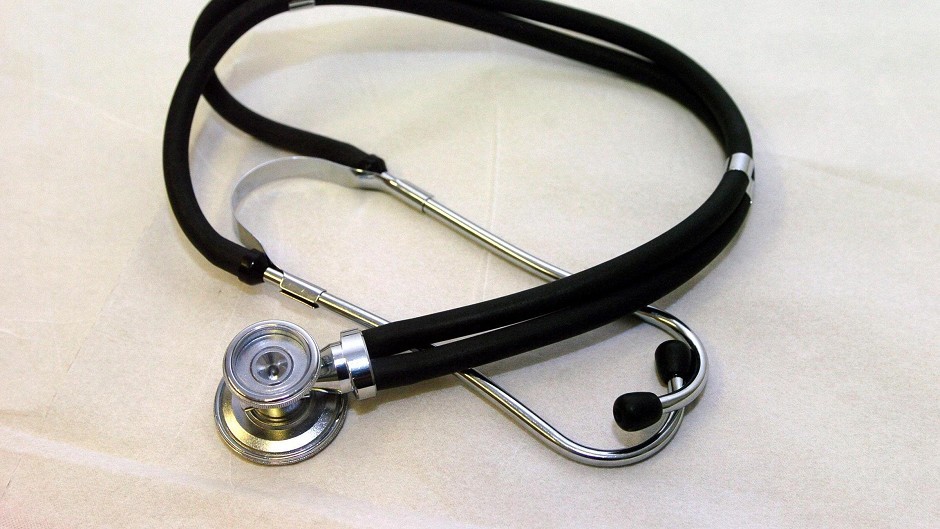Nurses in the Highlands are being called on to do the work of doctors as part of a bid to claw back £22.4million of savings.
Nurse practitioners are taking on roles previously performed by clinicians as NHS Highland seeks new ways to rein in spending.
The authority is also switching to generic medicines instead of branded drugs as it tries to balance its budget – including repayments on a £2.5million loan from the Scottish Government earlier this year.
The moves, revealed at an NHS Highland board meeting in Inverness yesterday, met with a mixed response last night.
Mary Scanlon, MSP, said it was “unacceptable” to expect nurses to do the jobs of doctors with a fraction of their training, while the Scotland Patients Association said people would feel “short-changed”.
A spokeswoman for the Royal College of Nursing said staff had to be given the right skills and knowledge to do their jobs safely.
NHS Highland finance director Nick Kenton said the authority had long struggled to recruit doctors for many vacancies and had to rely on locums, which drove costs up further.
Mr Kenton said: “In the past couple of years, the Highlands has had trouble filling posts. But there is a UK-wide shortage of doctors with certain specialities.
“We need to look at how care is delivered to patients with lower need.”
He said one way to tackle the issue was to employ a different “skills mix” – including nurse practitioners in the team taking over from doctors in some cases.
This could lead to a more stable workforce, he added.
“We have to break even,” said Mr Kenton. “It will be a very challenging year but we don’t have a choice.”
Dr Ian Bashford, board medical director, told the Press and Journal NHS Highland faced “considerable spend” on medical locums owing to recruitment difficulties in some specialities.
“The board has in place workforce plans to mitigate against these recruitment challenges by working with a range of partners – both regionally and nationally – to plan and develop roles that will meet both the health and social care needs of people in Highland,” he added.
“A range of new roles are in place already – for example nurse and allied health professionals have extended practice roles that enable them to support the senior clinicians to deliver more team-based care.
“There are new roles emerging in the community that provide support and enable people to be looked after closer to home or in their homes.”
Theresa Fyffe, Royal College of Nursing Scotland director, said: “What’s important is that whoever is delivering care for patients has the right skills and knowledge to do so safely.
“There are already examples of highly-qualified nurses working at an advanced level across Scotland, offering care and treatment to patients which, traditionally, may have been delivered by doctors. We need to build on these examples and provide more opportunities for nurses to step up to the challenge.
“Working together with doctors in a team, nurses can be part of the solution and we would therefore encourage NHS Highland to look at these models of delivering care, particularly those adopted by other health boards in remote and rural areas.”
